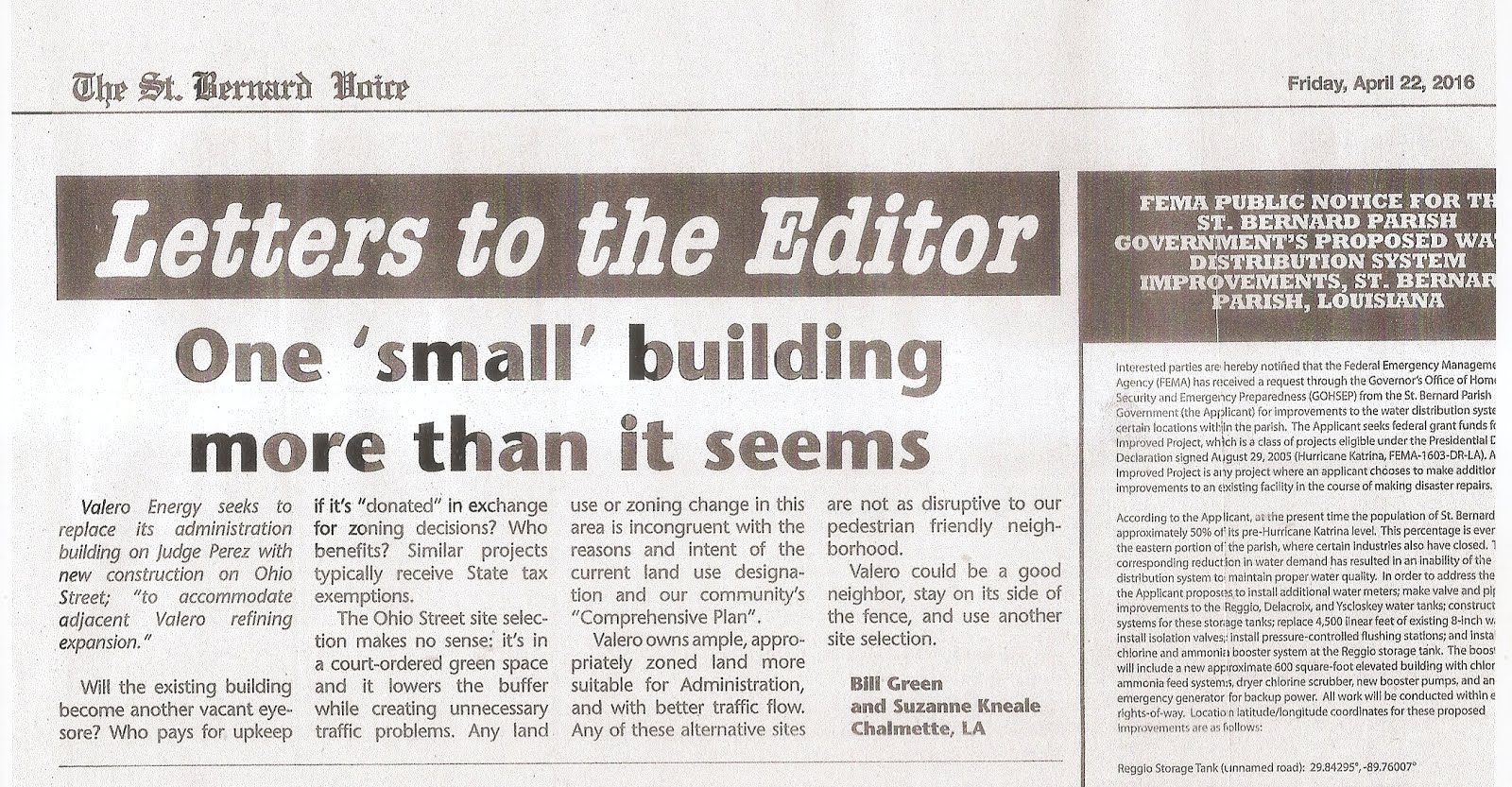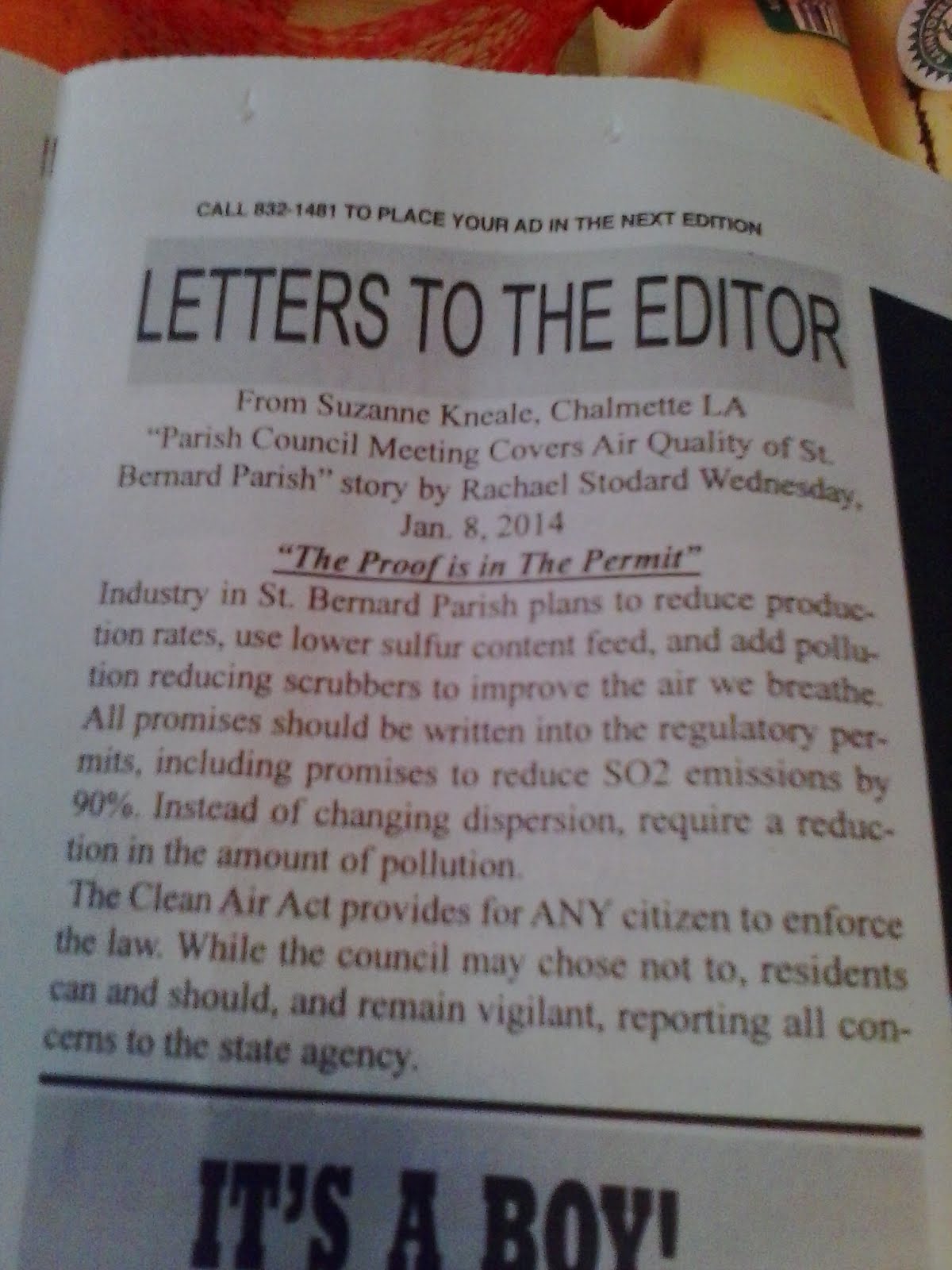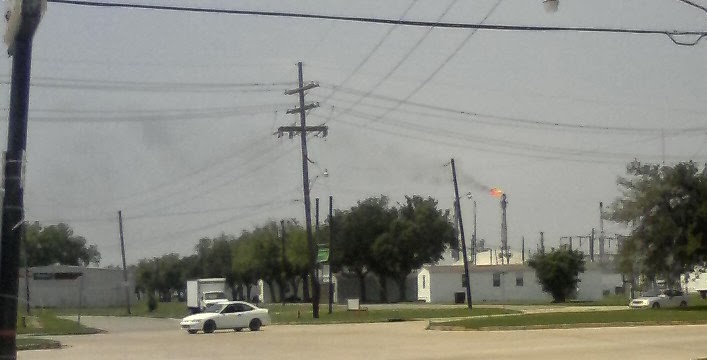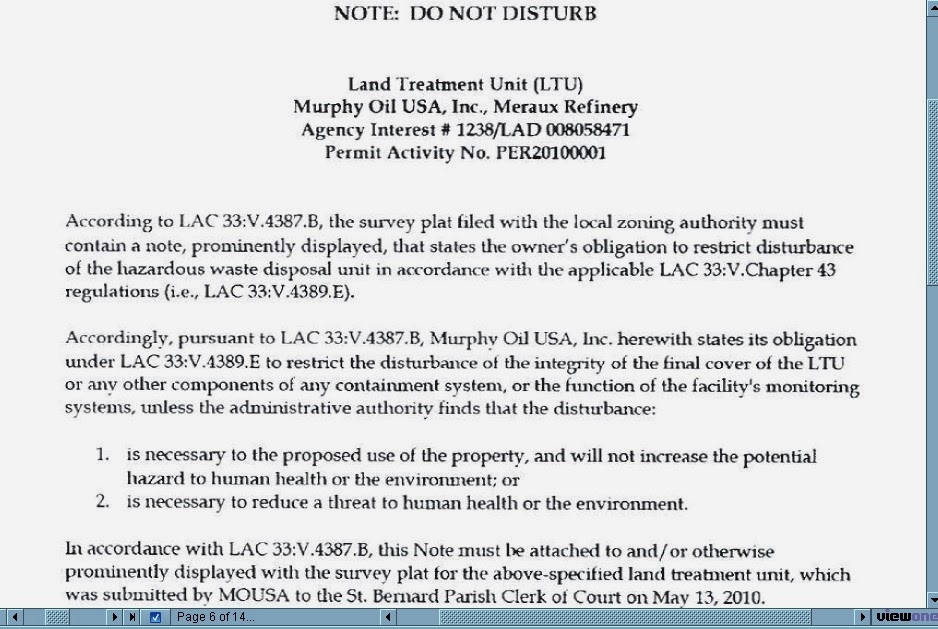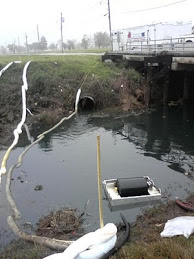Environmental Defense Fund advocacy for public health and stronger EPA standards.
Submit public comments today.
Stronger soot standards save lives.
Soot, officially known as particle pollution, is a dangerous and deadly pollutant produced by power plants, vehicle tailpipes and industrial sources. Studies have found that soot causes between 85,000 to 200,000 deaths each year.
That’s why we need the EPA to set stronger standards that slash emissions, protect our air, advance environmental justice and safeguard our health.
It’s time for EPA to set the strongest science-based soot standards to protect our air, advance environmental justice and protect our health. Submit a public comment and urge EPA to to update critical public health protections from soot!
The current set of standards for soot pollution are dangerously outdated, and are insufficient to protect the health of our environment and communities. EPA took an important step toward addressing the problem in a recent proposal, but we urge EPA to strengthen the level of protection in the final standards.
Send public comments to the EPA in support for stronger science-based standards — soot emissions reaching levels no higher than 8 micrograms per cubic meter annually, and 25 micrograms per cubic meter daily — to ensure cleaner air for everyone. Strengthening our current annual national soot standard of 12 micrograms per cubic meter to 8 micrograms per cubic meter would save 19,600 lives each year.
Exposure to, and inhalation of, soot is linked to a variety of heart and lung diseases, in addition to reduced lung development in children, higher rates of asthma, bronchitis, heart disease, cancer and early death.
Updating these decade old standards consistent with the health science will help protect our most vulnerable, including children, seniors and people with chronic illness. These groups are particularly susceptible to the impacts of soot inhalation and are more likely to suffer increased mortality rates, hospitalizations and visits to the ER.
Impacts like these are particularly felt in communities of color and low-income communities, who are more likely to live in areas co-located with sources of this deadly pollutant. But stronger federal standards could change this, shrinking disparities and ensuring cleaner air for everyone.
Submit public comments urging EPA to finalize the strongest possible soot standards soon. There is no time to waste.
https://www.edf.org/





